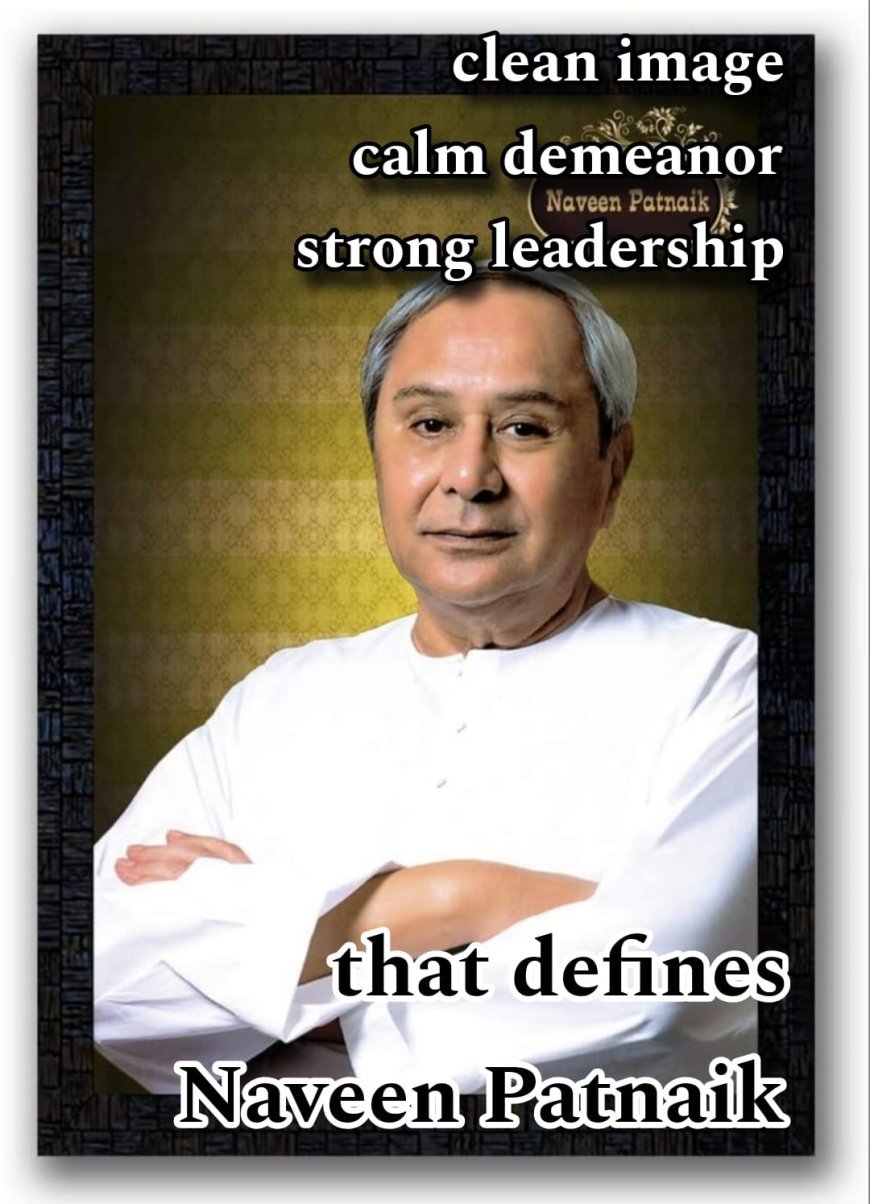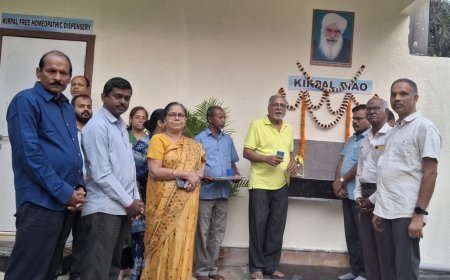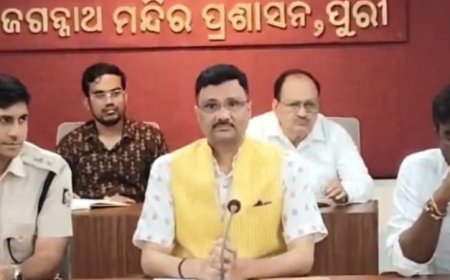Analyzing the Unexpected Defeat of BJD: A Reflection on Naveen Patnaik's Legacy

By Sanjay Pattnayak
Though I consider myself apolitical, the surprising results of the last general election—both in the Loksabha and the Odisha state assembly—compel me to share my thoughts. The Biju Janata Dal (BJD), which had dominated the political landscape of Odisha for over two decades, suffered a defeat that was unexpected given the track record of its leader, Naveen Patnaik.
Naveen Patnaik, often regarded as one of the cleanest and most competent leaders in India, has enjoyed unwavering support from the people of Odisha throughout his tenure. His soft-spoken demeanor, humility, and refusal to engage in slander against opponents have earned him respect nationwide. Time and again, Patnaik has been ranked as the top Chief Minister in India, a testament to his popularity and effectiveness as a leader. The development Odisha has seen under his leadership is evident, with each term bringing improvements in governance and infrastructure.
However, the BJD's recent loss raises a crucial question in my mind: Could Naveen Patnaik have wanted to sit in the opposition? This thought may sound speculative, but there could be a deeper parallel between his leadership and the legendary downfall of the Yadu dynasty. In Indian mythology, Lord Krishna—seeing the excesses and corruption within his dynasty—allowed it to crumble. Similarly, Naveen Babu might have foreseen a shift within his own party, something that caused him to let go of power or lose his usual drive for victory.
Despite his spotless record, a leader can only control so much. As the party grew larger and more entrenched in power, it may have accumulated some internal problems—infighting, complacency, or a loss of connection with the grassroots. Naveen Babu, being astute and far-sighted, could have sensed these issues emerging, leading him to believe that a loss would allow the party to introspect and rebuild. After all, a political giant like Patnaik does not lose to external forces, but rather to internal dynamics.
In my view, it is not that the opposition or external forces were strong enough to dethrone BJD. Instead, the party lost because Naveen Patnaik, the very person who built it into a political powerhouse, may have decided to step back. A person with his popularity, spotless reputation, and skill in governance cannot be easily defeated. The BJD's defeat, in a way, might have been orchestrated by none other than Naveen Patnaik himself, foreseeing a time when the party needed a shake-up to evolve.
This reflection is not a criticism of his leadership but rather a hypothesis rooted in admiration for his political acumen. Much like the strategic moves he made to win over the hearts of Odisha, Patnaik might have viewed defeat as the only way to cleanse the party and secure a more sustainable future for the state. Whether my assessment is right or wrong, only time will tell, but there is no doubt that Naveen Patnaik remains a towering figure in the political history of Odisha, and his legacy will continue to shape its future.











































